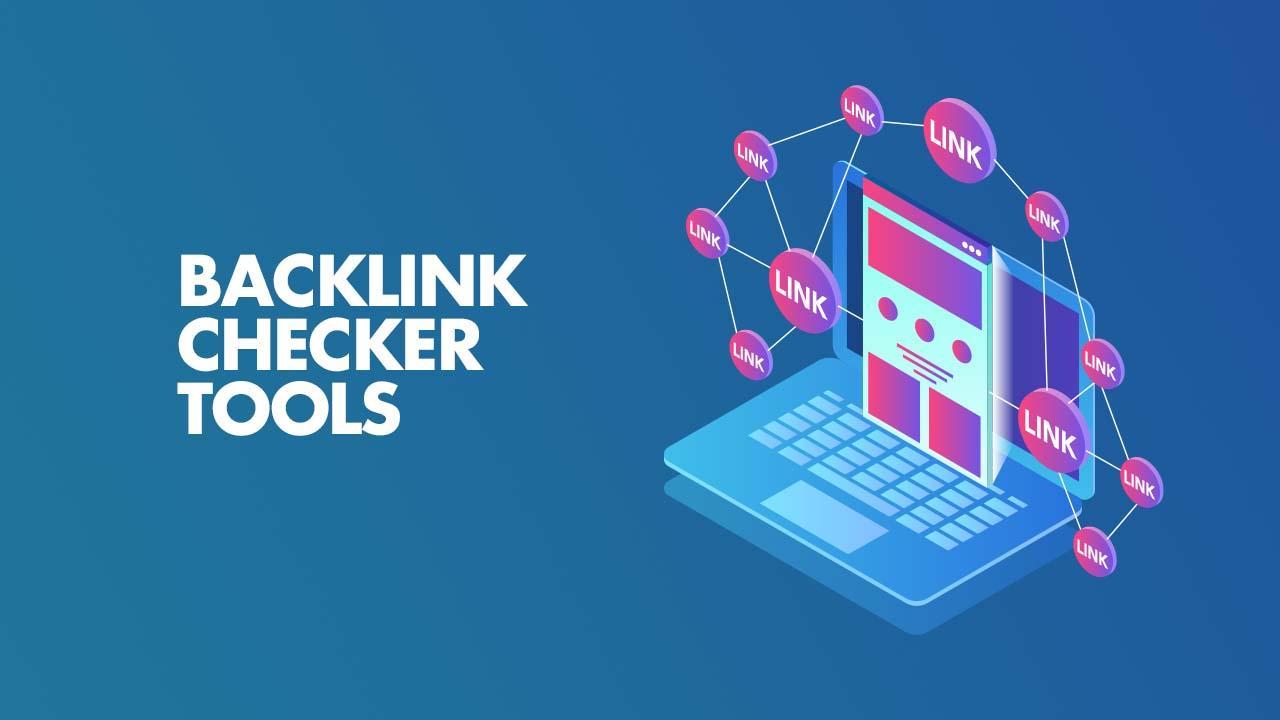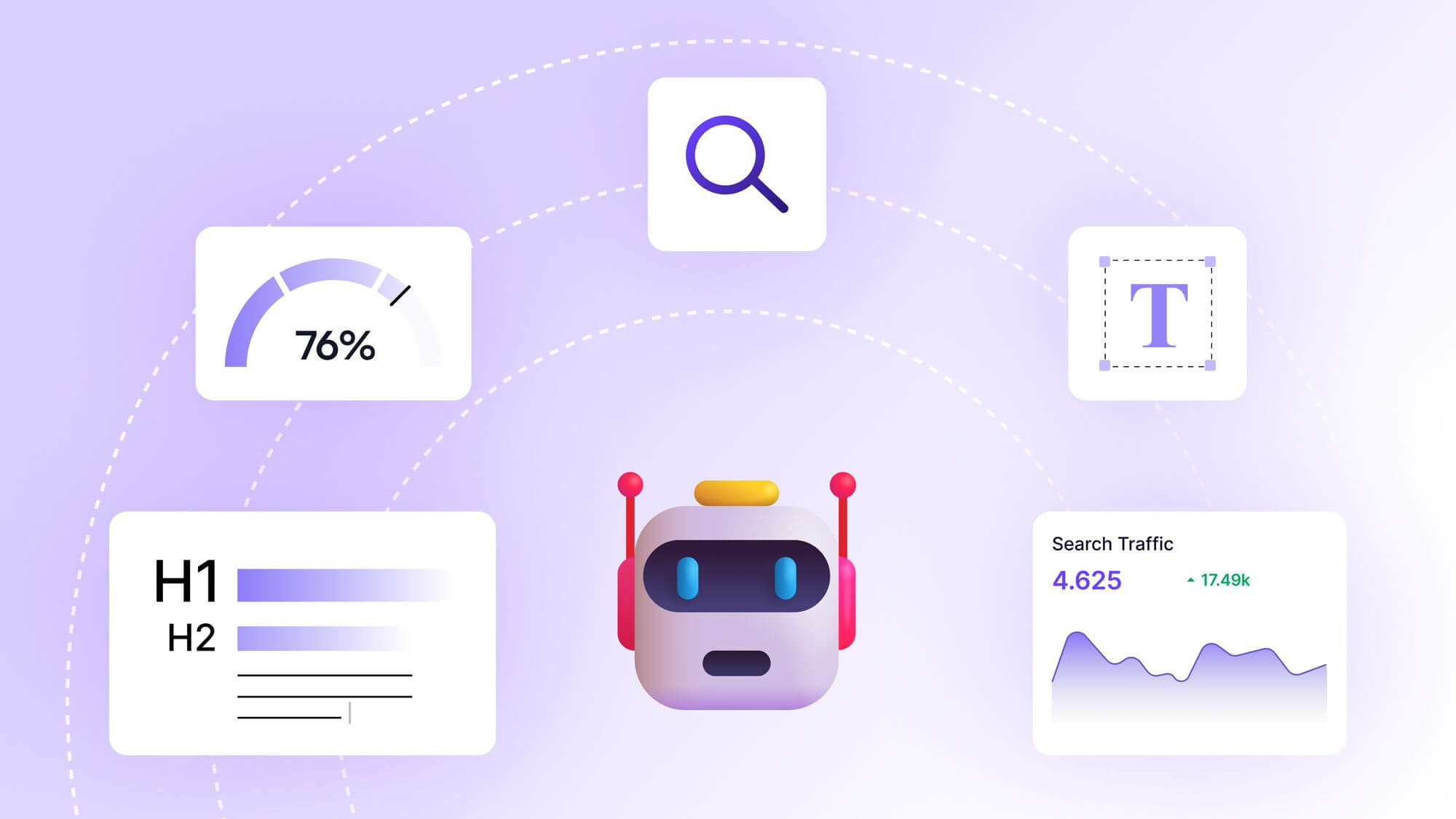
Best AI Content Optimization Tools for 2025: Boost Your Content Game

Best AI Content Optimization Tools for 2025: Boost Your Content Game
Imagine this: It’s a crisp morning in 2025, and I’m sipping my coffee, staring at a blank screen, tasked with writing a blog post that needs to rank high on Google, engage readers, and convert like crazy. A few years ago, this would’ve meant hours of keyword research, competitor analysis, and endless revisions. But now? I’ve got AI content optimization tools in my corner, turning what used to be a slog into a streamlined, almost magical process. These tools aren’t just about sprinkling keywords anymore—they’re about crafting content that’s relevant, engaging, and perfectly tuned for both search engines and humans. Let’s dive into the best AI content optimization tools for 2025, explore why they’re game-changers, and share some actionable insights to help you elevate your content strategy.
Why AI Content Optimization Matters in 2025
The digital landscape in 2025 is a wild place. Search engines like Google have gotten smarter, prioritizing user intent and context over keyword stuffing. Meanwhile, AI-driven search platforms like ChatGPT and Perplexity are reshaping how people find information. As a content creator, I’ve learned that staying competitive means embracing tools that help you understand what your audience wants and how search algorithms think. AI content optimization tools do exactly that—they analyze data, suggest improvements, and even predict what will rank well. They’re like having a super-smart editor who never sleeps.
I remember the first time I used an AI tool to optimize a blog post. I was skeptical, thinking it might churn out robotic suggestions or generic advice. Instead, it pointed out gaps in my content, suggested headers that aligned with searcher intent, and even helped me tweak my meta description to boost click-through rates. That post ended up ranking in the top three for my target keyword, and I was hooked. These tools aren’t just for SEO pros—they’re for anyone who wants their content to shine.
What Makes a Great AI Content Optimization Tool?
Before we dive into the top tools, let’s talk about what makes an AI content optimization tool stand out. First, it needs to go beyond basic keyword suggestions. The best tools use natural language processing (NLP) and machine learning to understand context, analyze competitors, and recommend actionable changes. They should offer real-time feedback, integrate with your workflow (like WordPress or Google Docs), and provide insights into user intent. A clean, intuitive interface is a must—nobody has time for a clunky dashboard. Finally, they should balance automation with human creativity, ensuring your content feels authentic rather than machine-generated.
The Best AI Content Optimization Tools for 2025
Let’s explore the cream of the crop—tools that are making waves in 2025 for their ability to transform content creation. I’ve tested these platforms myself, and each one brings something unique to the table.
Surfer SEO: The All-in-One Powerhouse
When I first stumbled upon Surfer SEO, I was blown away by its ability to break down complex SEO tasks into simple, actionable steps. Surfer is like a Swiss Army knife for content creators. It analyzes top-ranking pages for your target keyword and gives you a blueprint for outranking them. Its Content Editor provides a live “Content Score” that updates as you write, showing you exactly where to add keywords, headers, or subtopics to match searcher intent.
What sets Surfer apart is its Topical Authority Score, a feature that helps you identify topics to build authority in your niche. For example, I used Surfer to optimize a post about “digital marketing trends” and discovered I was missing key subtopics like “AI-driven advertising.” Adding those boosted my ranking from page two to the top five. Surfer also integrates with tools like Google Docs and WordPress, making it a seamless addition to any workflow. If you’re serious about ranking, Surfer is a must-have.
Semrush Content Toolkit: Data-Driven Brilliance
Semrush has long been a go-to for SEO pros, but its Content Toolkit, particularly ContentShake AI, is a game-changer for 2025. This tool combines Semrush’s massive SEO data with AI to generate content ideas, create SEO-friendly drafts, and optimize existing pages. I recently used ContentShake AI to revamp an old blog post that was languishing on page three. The tool suggested new headers, keywords, and even a punchier intro. Within weeks, the post climbed to the first page.
What I love about Semrush is its ability to personalize recommendations based on your site’s performance. Its Copilot feature analyzes your data and flags issues like broken links or weak keywords. It’s like having a personal SEO coach. Plus, its integration with Google Analytics and Search Console means you can track performance without leaving the platform. If you’re managing multiple campaigns, Semrush keeps everything organized and efficient.
Clearscope: Precision Optimization for Writers
For writers who want to focus on crafting great content without getting bogged down in SEO minutiae, Clearscope is a lifesaver. It analyzes top-performing content and provides a content grade (A++ to C) based on how well your draft aligns with SEO best practices. The interface is clean and intuitive, with suggestions for keywords, headers, and readability.
I used Clearscope to optimize a piece for a client in the health niche. The tool flagged that my content was too technical and suggested simpler language to match the audience’s reading level. It also pointed out missing topics that competitors were covering, like “natural remedies.” After tweaking the post, it ranked in the top 10 and saw a 50% traffic boost. Clearscope is perfect for teams with strong writers who need a little SEO guidance.
Frase: From Keyword to Content in Seconds
Frase is all about speed and simplicity. It’s designed to take you from a keyword to a fully optimized article in record time. Frase’s AI analyzes top search results and generates detailed content briefs in seconds, complete with suggested headers, keywords, and competitor insights. Its Outline Builder lets you create a draft from those briefs instantly, which is a huge time-saver.
I once used Frase to create a blog post about “sustainable travel tips.” The tool generated a brief that included questions from Google’s “People Also Ask” section, which I hadn’t even considered. The post ended up ranking for multiple long-tail keywords, driving steady traffic. Frase also shines for collaboration, letting you assign tasks to writers and track progress. If you’re juggling multiple projects, Frase keeps things moving.
Originality.ai: Prioritizing Quality and Authenticity
In a world where AI-generated content is everywhere, Originality.ai stands out for its focus on quality and authenticity. This tool not only optimizes content but also checks for AI-generated text and plagiarism, ensuring your work is unique. Its Predictive SEO Content Optimization tool evaluates content depth, clarity, and relevance, giving you a score that correlates with actual rankings.
I used Originality.ai to refine a post for a tech blog. The tool flagged areas where my content was too shallow and suggested adding case studies to boost credibility. It also warned me about overusing a keyword, which could’ve triggered Google’s spam filters. The result? A post that felt human, ranked well, and passed editorial standards with flying colors. If you’re worried about standing out in a sea of AI content, Originality.ai is your ally.
Alli AI: Technical SEO Meets Content Optimization
For those who want to tackle both content and technical SEO, Alli AI is a powerhouse. It automates tasks like internal linking, schema markup, and page speed optimization while offering content suggestions. I used Alli AI to fix a client’s site that was tanking due to slow load times and poor internal linking. The tool suggested linking to high-authority pages and optimizing meta tags, which boosted the site’s overall ranking.
Alli AI’s strength is its ability to handle bulk optimizations, making it ideal for agencies or businesses with large websites. It’s not as content-focused as Surfer or Frase, but if technical SEO is your bottleneck, Alli AI is a game-changer.
Content Harmony: Streamlined Content Briefs
Content Harmony specializes in creating AI-powered content briefs that make your writing process a breeze. It analyzes top-ranking content and provides insights into keywords, topics, and competitor strategies. I used Content Harmony to plan a series of blog posts for a travel brand, and its briefs were so detailed that my writers could hit the ground running.
The tool also fosters collaboration, letting you share briefs with team members and track progress. While it lacks the in-depth optimization features of Surfer, it’s perfect for teams focused on planning and structuring content.
Rankability: The Surfer Alternative
If you’re looking for a Surfer SEO alternative, Rankability is worth a look. It uses NLP to analyze competitor content and create detailed briefs that guide your writing. I tested Rankability on a competitive keyword in the SEO industry and was impressed by how it prioritized relevant topics over keyword stuffing. The post I wrote using its brief ranked in the top five within a month.
Rankability’s AI content brief tool is a standout, saving time by automatically filling in key details based on competitor analysis. It’s a great choice for solo creators or small teams who want robust optimization without a steep learning curve.
How to Choose the Right Tool for You
With so many options, picking the right tool depends on your needs. If you’re a solo blogger, Surfer or Clearscope might be your best bet for their user-friendly interfaces and focus on content. Agencies managing multiple clients will love Semrush or Alli AI for their scalability and integrations. If speed is your priority, Frase’s quick briefs and drafts are hard to beat. And if authenticity is your concern, Originality.ai ensures your content stands out.
Consider your budget, too. Tools like Surfer and Semrush offer free trials, while others, like Ahrefs’ AI features, are free with limitations. Test a few to see which fits your workflow. And don’t forget to balance AI suggestions with your unique voice—Google loves content that feels human.
Best Practices for Using AI Content Optimization Tools
Using these tools effectively requires a blend of strategy and creativity. Start by choosing a target keyword with clear intent—tools like Semrush can help you find high-opportunity terms. Next, use the tool’s content brief or editor to structure your post, but don’t blindly follow suggestions. Add personal anecdotes, case studies, or unique insights to make your content stand out. Always review AI-generated drafts for accuracy and tone, and use analytics to track performance and refine your approach.
I learned this the hard way when I relied too heavily on an AI tool’s suggestions and ended up with a post that felt robotic. A quick human edit fixed it, but it taught me to use AI as a guide, not a dictator. Also, keep an eye on emerging trends like Generative Engine Optimization (GEO) for AI-driven search platforms, as tools like Prerender.io are starting to optimize for these.
The Future of AI Content Optimization
As we look ahead, AI content optimization is only going to get smarter. Tools are evolving to understand user intent better, predict trends, and even personalize content for individual readers. We’re also seeing a shift toward optimizing for AI-driven search platforms, which means tools like Keyword.com for tracking AI search rankings will become essential. The key is to stay adaptable and keep experimenting with new features as they roll out.
FAQ
What Are AI Content Optimization Tools?
AI content optimization tools use artificial intelligence, including natural language processing and machine learning, to analyze and improve digital content. They help you identify relevant keywords, suggest headers, optimize meta tags, and ensure your content aligns with search engine algorithms and user intent. These tools streamline the content creation process, making it easier to rank higher and engage readers.
How Do AI Content Optimization Tools Differ from AI Writing Tools?
While AI writing tools focus on generating text from scratch, content optimization tools are designed to refine and enhance existing content or guide the creation process for better SEO performance. For example, Jasper is great for writing drafts, but tools like Surfer or Clearscope focus on optimizing those drafts for search engines by analyzing competitors and providing data-driven suggestions.
Are AI Content Optimization Tools Worth the Investment?
Absolutely, especially if you’re serious about driving organic traffic. These tools save time, provide insights you’d miss manually, and help you stay competitive in a crowded digital space. For instance, using Surfer helped me boost a post’s traffic by 65% in just a month. Many tools offer free trials, so you can test their value before committing.
Can Beginners Use AI Content Optimization Tools?
Yes! Most tools, like Clearscope and Frase, have intuitive interfaces that guide you through the process. They break down complex SEO concepts into simple suggestions, so you don’t need to be an expert to get results. Start with a tool that offers tutorials or a free trial to ease you in.
How Do I Ensure My Content Stays Human Despite Using AI?
Always review AI suggestions and add your unique voice, anecdotes, or expertise. Tools like Originality.ai can help ensure your content is authentic and not overly AI-generated. Combine AI insights with human creativity to create content that resonates with readers and ranks well.
Conclusion: Elevate Your Content with AI
As I wrap up this deep dive into the best AI content optimization tools for 2025, I’m reminded of how far we’ve come from the days of manual keyword research and guesswork. Tools like Surfer SEO, Semrush, Clearscope, and Frase have transformed content creation into a data-driven, efficient process that still leaves room for human creativity. They’re not just about ranking higher—they’re about connecting with your audience in a meaningful way.
To get started, pick one tool that aligns with your goals. If you’re a solo creator, try Surfer or Clearscope for their simplicity. If you’re managing a team, Semrush or Alli AI will keep things streamlined. Test their features, experiment with their suggestions, and always add your unique spin to the content. Track your results using analytics integrations, and don’t be afraid to tweak your strategy as you learn what works.
The digital world is evolving fast, and AI content optimization tools are your ticket to staying ahead. So, grab that coffee, fire up one of these tools, and start crafting content that not only ranks but also resonates. Your audience—and Google—will thank you.






